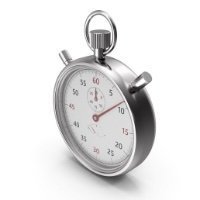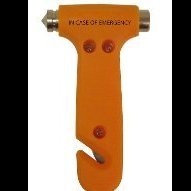New law expected to improve disposal of electronic waste in Thailand
-
Recently Browsing 0 members
- No registered users viewing this page.
-
Topics
-
Popular Contributors
-
Latest posts...
-
21
Rising Concerns Over Weight-Loss Jabs as Dozens of Deaths Reported in UK
The issue is why people are eating too much. As noted above, one of the reasons is leptin deficiency. Another could be problems with the gut microbiome The Gut Microbiome and Its Role in Obesity https://pmc.ncbi.nlm.nih.gov/articles/PMC5082693/ -
2,168
-
89
Why Do Some Foreigners in Thailand Still Call Other Foreigners “Farang” and is it Cringe?
Yet another Troll/nonsense thread. -
125
Trump: EU was formed to 'screw' the United States
I feel sorry for the people in the EU, it seems like it's dying a slow death. -
18
Does size really matter in Thailand?
Being smaller is actually an advantage in Thailand. You won’t constantly bang your head on low-hanging awnings, and standing when traveling on buses and trains will be more comfortable for the same reason. Plus, finding clothes and shoes that fit is much easier. -
0
Security Guards and their whistles.
what is it about these morons with blowing their whistles? do they do it for the sense of power? does the uniform make them feel like they are something, even though they probably get paid less in a month than I make in an hour. is it just to show off? is it just to annoy people? one was blowing his whistle this afternoon for nor reason at all, there was no traffic or pedestrians crossing the street, he was just blowing for blowings sake... absolute wingnuts if you ask me! regards, bob.
-
-
Popular in The Pub
-
.png.3b3332cc2256ad0edbc2fe9404feeef0.png.8488ab72b8bb2e508209bfe3211b6e08.png)





.thumb.jpeg.d2d19a66404642fd9ff62d6262fd153e.jpeg)




Recommended Posts
Create an account or sign in to comment
You need to be a member in order to leave a comment
Create an account
Sign up for a new account in our community. It's easy!
Register a new accountSign in
Already have an account? Sign in here.
Sign In Now